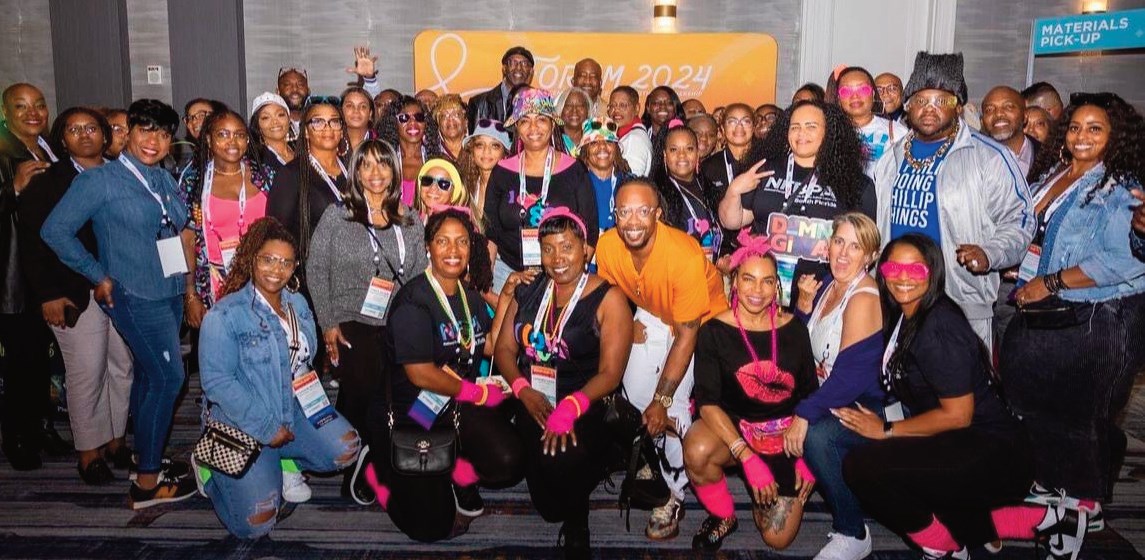 MIAMI — A Florida Department of Law Enforcement analyst has been suspended for allegedly using critical law-enforcement databases to look up private information about her co-workers, their families and even at least one private citizen.
MIAMI — A Florida Department of Law Enforcement analyst has been suspended for allegedly using critical law-enforcement databases to look up private information about her co-workers, their families and even at least one private citizen.
Government Analyst Jeanette Espinosa admitted using different databases to obtain information on her supervisors, other FDLE agents, their spouses and their children.
After an FDLE investigation, Espinosa, 44, was issued a 10-day suspension without pay, a demotion, and a five-percent pay cut. She served the first five days of the suspension from Feb. 22-26, and returned to work on March 1. She is scheduled to serve the second portion of the suspension beginning on March 29.
Espinosa did not respond to emails or messages left on her work voicemail. She has not said exactly what she did with the information she obtained, only telling investigators that she was just “curious.”
NO CHARGES
Even though Espinosa’s alleged use of the database is illegal, she has not been charged with a crime, and still has access to the databases.
“The people who had their information exposed have a good basis for a lawsuit. This is at least a third-degree felony in Florida,” said Barry Butin, a criminal defense, constitutional and civil rights lawyer who is co-chair of the legal panel of the Broward County chapter of the American Civil Liberties Union (ACLU).
“I represented a guy who is in jail right now for doing less. It’s like FDLE is covering up for one of their own, and to avoid lawsuits,” Butin said. “I’m sure you didn’t find out about this by them contacting you. This may not sound like much, but it’s a serious invasion of privacy and betrayal of public trust.”
In 2009, Butin represented Roberto Rodriguez, 54, who was convicted of 17 counts of fraudulent activity connected with computers after exceeding his authorized access on a computer at his job at the Social Security Administration office in Fort Lauderdale. Rodriguez obtained addresses, phone numbers and other information on 17 people. He is currently serving a one-year sentence in a federal penitentiary in Kentucky.
FDLE officials, however, say they are convinced that Espinosa only acted out of curiosity, and that they have taken the appropriate measures.
“FDLE takes this matter very seriously, and has administered appropriate discipline,’’ FDLE spokesperson Kristen Chernosky said in an email. “Ms. Espinosa does continue to have access to systems required to perform her job as an analyst, however, we continue to monitor her usage and have increased oversight of her work.”
Chernosky continued: “The systems accessed by Ms. Espinosa have audit and dissemination logs which enable FDLE to review usage at any time. Our internal investigation found Ms. Espinosa accessed the information out of personal curiosity. Her behavior did not affect any criminal investigations. We are currently reviewing our existing policies, practices and training that address misuse of FDLE resources to minimize future violations.”
CHECKS ON SUPERVISORS
In one instance, Espinosa conducted checks on her boss, Special Agent Supervisor Robert Breeden, and another man who is a private citizen. She told investigators that she was checking into unsubstantiated office rumors that Breeden was gay and dating the man, who she believed might have been underage.
During a Nov. 17, 2009 interrogation, Espinosa did not deny the allegations, but said she did not “recall” gaining access to information on numerous other people, including former FDLE Executive Director Guy Tunnell, who left the agency in 2006, and his wife.
“GA Espinosa stated she did not recall running the following individuals: Guy Tunnell (former Commissioner) and Patricia Tunnell, Crime Lab Analyst Jason Busey, and SA Dennis Roadruck and Jamie Roadruck.”
Experts say the violations are serious.
“In my experience, one or two somewhat ‘innocent’ violations result in written reprimands and minimal suspensions (less than 30 days). Infractions found to be more intentional and serious generally result in termination,” William T. Gaut, a former law enforcement official in Naples who provides expert testimony in law-enforcement and security cases, said in an email.
Espinosa is an intelligence analyst who was hired on June 30, 1992. She is assigned to FDLE’s Miami Regional Operations Center, and earned $1,809.21 bi-weekly.
She admitted manipulating the system to gain access to information. It is unclear how far back her activities date, but the investigation covered the three-month period from August 2009 to October 2009. Investigators concluded that some of her statements to them were “inconsistent, evasive, and misleading.”
FDLE has statewide jurisdiction over numerous law enforcement initiatives, including domestic security, financial fraud and more. The agency has over 2,000 employees, and regularly conducts investigations into politicians and public officials. FDLE also runs the state’s Office of Domestic Security (ODS), which collaborates with the FBI, the Department of Homeland Security and local agencies on anti-terrorism and domestic security.
When asked if any of those agencies have been informed of the breach, James D. Martin, FDLE Assistant General Counsel wrote in an email to the newspaper, “I don’t know.”
Experts say lack of notification to other agencies could be troublesome.
“Yes, the federal agencies should be notified of this breach. Also, individuals whose private info was accessed improperly should also be notified so that they can protect their identity,” Penny Harrington, a former police chief and expert law enforcement consultant based in Morro Bay, California, said in an email to the newspaper. “A full-scale investigation should be conducted to find out how the info was disseminated or used.”
Officials were tipped off about Espinosa’s activities via an Oct. 8, 2009 anonymous letter.
SYSTEMS MISUSED
FDLE databases contain financial, real estate and criminal information on millions of people. Espinosa admitted misusing systems called DAVID and dFACTS.
The dFACTS, or distributed Factual Analysis Criminal Threat Solution system, contains information on undisclosed millions of people, and other data used to support investigations. Originally, it was called the Multistate Anti-Terrorism Information Exchange Program, or MATRIX.
It was a data mining system originally developed for FDLE by the Boca Raton-based firm, Seisint. The company was sold to information and technology giant Lexis Nexis for $775 million in 2004.
MATRIX used supercomputers to search government and other databases to compile information and develop links between people and criminal investigations. It was also used by numerous federal agencies and described as a tool to “identify terrorists.”
Amid concerns from civil liberties and privacy rights groups, the Bush administration cut funding for the program in 2005, though FDLE continues to use it.
DAVID, or Driver And Vehicle Information Database, is compiled by the Florida Department of Highway Safety and Motor Vehicles (FHSMV). It maintains driver’s license data and other information on millions of people who have vehicles registered in Florida.
“There are very specific guidelines about the use of our database. Both the agency and user must comply with the guidelines,” FHSMV Communications Director Dave Westberry explained. “We basically rely on the agency, but we can deny future access to any individual.”
EJones@SFLTimes.com












No Comment